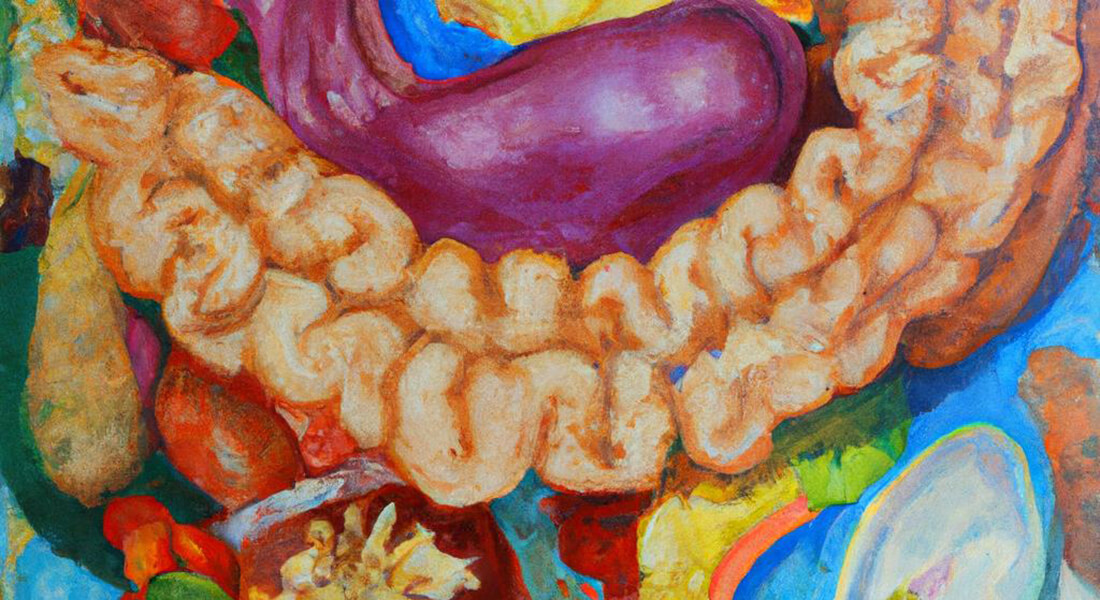PhD defence: Exploring the role of gastrointestinal transit time and pH for diet-microbiota interactions

Nicola Procházková
PhD thesis
Human gut microbiome research has grown over the past 15 years and scientists have found that factors such as diet or medication affect our gut microbiota composition. However, other factors related to the gut environment such as gut transit time and pH are often overlooked and the current knowledge of the role of these factors on gut microbial metabolism (diet-microbiota interactions) in humans is limited.
Thus, the overall objective of this PhD thesis was to explore the possible links between gut transit time and pH, and diet-microbiota interactions in humans. This was achieved through reviewing the current body of scientific evidence, investigating the effects of whole-grain vs refined-grain diets on colonic fermentation and bowel function, and conducting a 9-day study with healthy Danish volunteers.
In the review, we found rather strong evidence that gut transit time varies between and within individuals and that these differences are linked to human gut microbiome composition and potentially gut microbial metabolism.
Moreover, the whole-grain diet led to an increased faecal concentration of beneficial microbial metabolites (short-chain fatty acids butyrate and caproate) as well as to increased defecation frequency when compared to the refined-grain diet, emphasizing the benefits of whole grains. Lastly, we showed that colonic transit time and pH and their proxy markers (stool moisture, faecal pH) significantly contributed to variations in urine metabolome and/or gut microbiome in healthy Danish adults, which has not been shown before. While shorter transit time was associated with higher faecal concentrations of beneficial short-chain fatty acids, longer transit time was associated with higher levels of potentially harmful metabolites deriving from microbial metabolism of proteins.
In summary, this thesis demonstrates that transit time and pH within the gastrointestinal tract are important determinants not only of the gut microbiome composition but importantly also of diet-microbiota interactions.
2023, 192 pages.
Time
12 October 2023, 13:00
Place
Festauditorium, Bülowsvej 17, 2000 Frederiksberg.
Opponents
Associate Professor Benedikte Grenov (chair), Department of Nutrition, Exercise and Sports, University of Copenhagen, Denmark.
Professor Jonathan R. Swann, School of Human Development and Health, University of Southampton, United Kingdom.
Senior Researcher Morten Danielsen, MS-Omics ApS, Vedbæk, Denmark.
Main supervisor
Associate Professor Henrik Munch Roager, Department of Nutrition, Exercise and Sports, Faculty of Science, University of Copenhagen, Denmark.
Co-supervisor
Professor Lars Ove Dragsted, Department of Nutrition, Exercise and Sports, Faculty of Science, University of Copenhagen, Denmark.
The thesis is available for inspection at the library, Nørre Allé 51, DK-2200 Copenhagen N.
